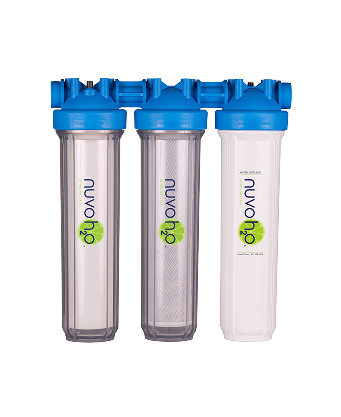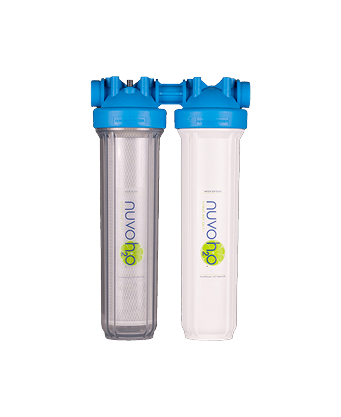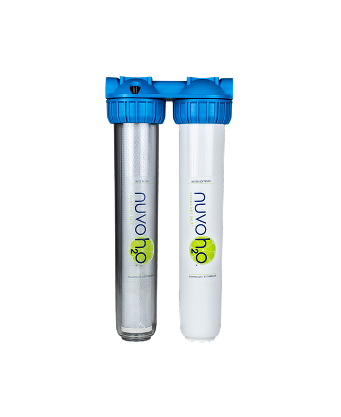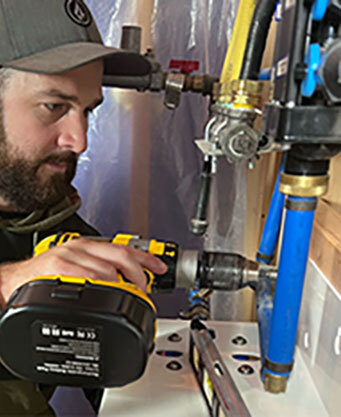
A Guide to Chelation Systems
14th Jul 2023
Water softeners play a vital role in improving water quality by reducing the harmful effects of hard water. While traditional salt-based water softeners are widely known, salt-free alternatives have gained popularity in recent years. Among these alternatives, chelation systems that use citric acid as the chelating agent offer an effective and eco-friendly solution. At NuvoH2O, we offer a wide range of salt-free water softeners based on your specific needs. In this blog post, we will provide a comprehensive guide to chelation systems, focusing on salt-free water softeners that utilize citric acid to bind minerals in the water. Learn more and reach out to our team for home water softeners today!
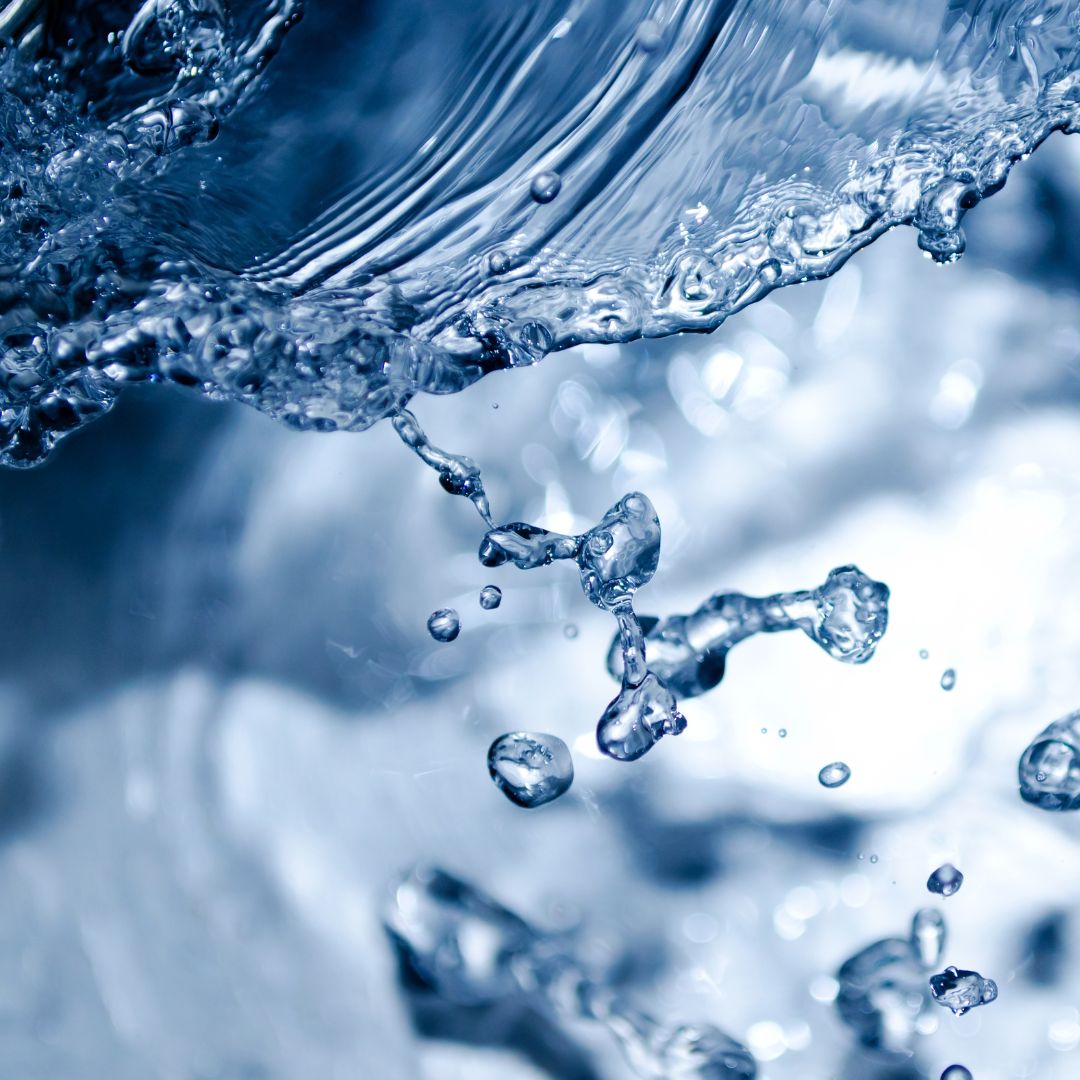
How Chelation Systems Work
Chelation is a process that involves the binding of minerals present in hard water, such as calcium and magnesium, to a chelating agent. In the case of salt-free water softeners using citric acid, the citric acid acts as the chelating agent. When water passes through the system, the citric acid molecules bind to the minerals, forming a stable complex that prevents the minerals from causing scale buildup. This process effectively softens the water without the need for salt or the release of additional minerals into the water.

Benefits of Chelation Systems
Chelation systems offer several benefits for homeowners seeking a salt-free alternative to traditional water softeners. Firstly, chelation systems help prevent scale buildup, extending the lifespan of plumbing, appliances, and fixtures. They also improve the efficiency of water heaters, reducing energy consumption. Additionally, chelation systems are environmentally friendly, as they do not introduce additional chemicals or salt into the water supply. They are also low maintenance and cost-effective, requiring less upkeep and avoiding the need for regular salt replenishment.
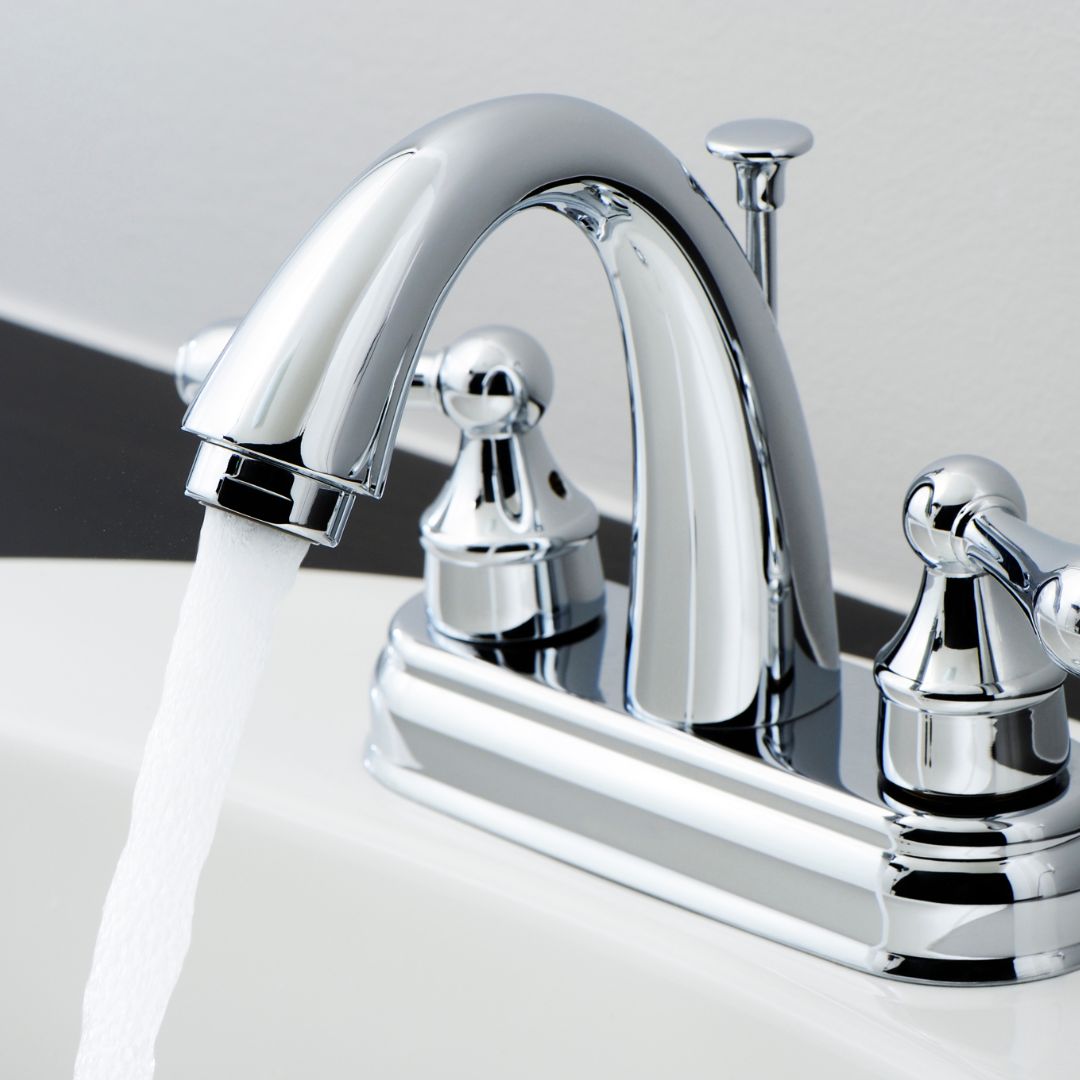
Installation and Configuration
Installing a chelation system requires professional assistance to ensure proper setup and configuration. A trained technician will evaluate the water hardness level and determine the appropriate system size and configuration. The chelation media, in this case, citric acid, will be incorporated into the system, and the flow rate and regeneration frequency will be set based on the specific requirements of the system and the household's water usage. Following the manufacturer's guidelines and consulting with professionals will ensure the optimal installation and configuration of your chelation system.

Maintenance and Monitoring
While chelation systems require minimal maintenance compared to salt-based water softeners, regular monitoring, and occasional maintenance are still necessary. The citric acid media should be periodically inspected and replaced as needed. It is important to monitor and adjust the system settings to ensure efficient operation and optimal performance. Regular testing of water hardness levels can also help determine if any adjustments or media replacements are necessary.
Chelation systems provide a salt-free, eco-friendly approach to water softening, using citric acid as a chelating agent to bind minerals in the water. By preventing scale buildup, improving energy efficiency, and offering low maintenance requirements, these systems offer numerous benefits for homeowners. If you’re in need of a salt-free water softener that uses chelation to bind to minerals in your water, rely on our team at NuvoH2O. We offer a variety of options, including whole-home water-softening systems and point-of-use systems to meet your specific needs. Reach out to us to learn more or to schedule an appointment with us today! We look forward to providing your household with softer, healthier water.

